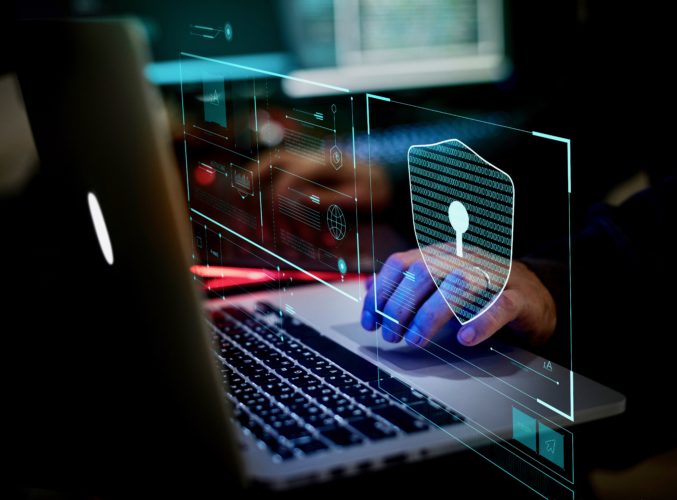Cybersecurity for Journalists
Standard £195
Freelance/Student £170
Member £145

This essential, one-day workshop will equip journalists, filmmakers, producers and editors with the digital tools and knowledge needed to protect themselves, their stories and their sources in a hostile digital environment. No prior experience is necessary.
Journalists and investigative filmmakers often publish or broadcast what someone else does not want published – and the risk of being electronically disrupted has never been greater. With the ever increasing accessibility of sophisticated surveillance tools, almost anyone from state-level security services, to corporations and criminals, has the power to surveil or disrupt your work.
This workshop will teach you how to digitally protect yourself at a variety of risk levels, whether in the UK or abroad, using entirely free and open source software.
During this course participants will:
- learn about state surveillance capabilities and the law and how to assess your digital risk and and choose cybersecurity tools.
- be guided through installations of a core digital toolbox, including anonymous browsing, encrypted calls and messaging, and PGP encrypted emails
- gain hands-on training on how your new software works and how and when to use it.
- learn about scenario planning and you receive hands-on practise using your new security software.
About the trainer:
Silkie Carlo is the co-author of Information Security for Journalists, published by the Centre for Investigative Journalism in 2014, and has trained journalists, lawyers and campaigners internationally. She is Director of the civil liberties and privacy NGO, Big Brother Watch. Previously, she was the Senior Advocacy Officer at Liberty where she led a programme on Technology and Human Rights and launched a legal challenge to the Investigatory Powers Act. Prior to this, she worked for Edward Snowden’s official defence fund and whistleblowers at risk.
Note: a personal laptop may be preferable to a work-issued laptop, as you will need full administrative control over your laptop in order to install software.



